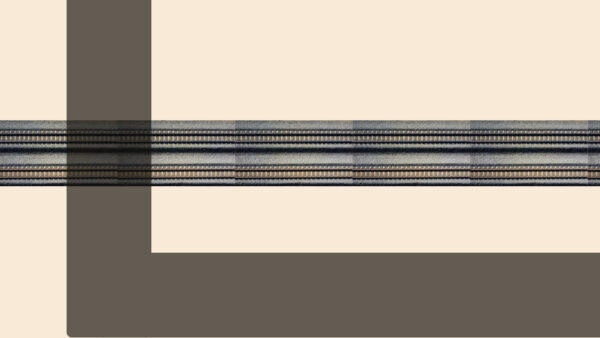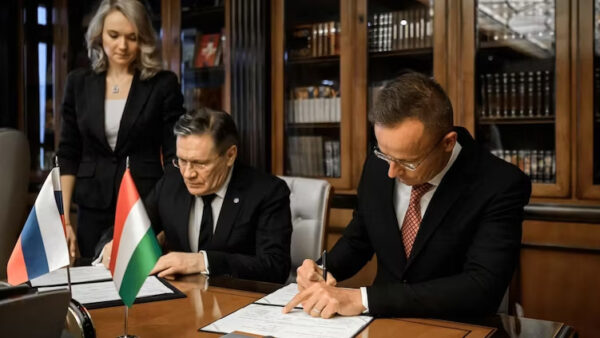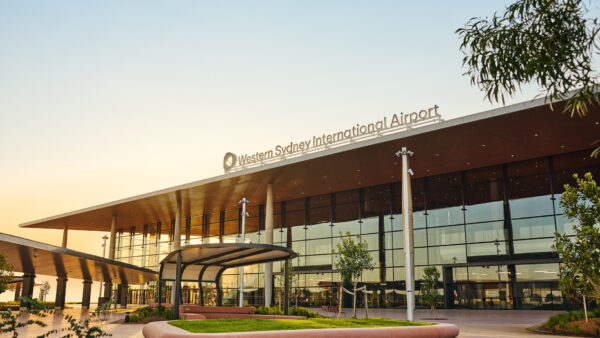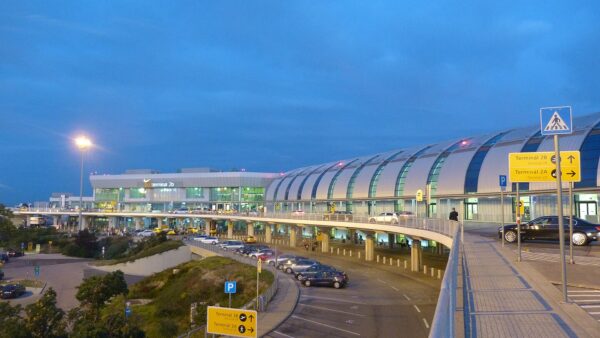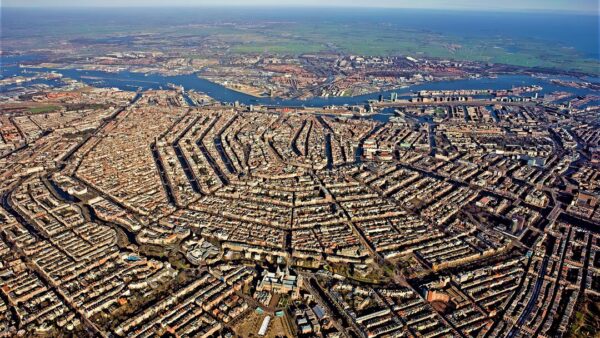France has pledged €4bn in extra public spending to improve public services in its overseas department of French Guiana, where an unlimited general strike has brought normal life to a halt.
The pledge was delivered by two ministers, who flew in to the capital Cayenne on Wednesday, 29 March, to hold talks with the Guianese government, which is backing the strikers.
The day before more than 10,000 protesters marched in Cayenne to protest over the poor quality of life in the department. Schools were closed, flights from the international airport and rocket launches from the European spaceport were cancelled, and movement in the territory was halted by roadblocks.
Matthias Fekl, a minister of the interior, and Ericka Bareigts, the minister for overseas territories, proposed a “pact” whereby the €4bn would be spent over the course of the next 10 years.
Money would be spent on improvements to health care, education and the building of a prison – a high level of crime is one of the central complaints of the strikers
François Hollande, the president of France, had promised a similar pact in 2013, however the level was variously reported to be between €1bn and €3bn. The leader of the Guianese government, Rodolphe Alexandre, had refused to sign the pact on the grounds that Paris was not contributing enough money.
The new offer would increase the amount of money to be spent on Guiana in the 2015-20 State-Region plan, which now allocates only €430m to the territory over that period.
The money would be spent on improvements to health care, education and the building of a prison – a high level of crime is one of the central complaints of the strikers.
The protests, which are in their second week, are being organised by Pou Lagwiyann Dekolé (creole for Pour La Guyane Decolé), an umbrella group of trades unions and grass roots organisations.
According to figures published yesterday in Le Monde, French Guiana has a population of only 250,000 people, but a birth rate of 2.4% compared with 0.5% for “the Hexagon”, a term used to describe European France.
Some 40% of Guianese between the age of 15 and 24 are unemployed, and more than a quarter of them have difficulties in reading and writing, compared to 4% in European France.
According to the Guianese Office of Water, 46,000 people do not have direct access to an improved water source.
The level of unemployment in the general working population is 22%, more than twice that of metropolitan France.
Despite the evident need to improve the department’s basic infrastructure, the level of public spending is 44% less than it is in European France and the cost of living is 12% higher, as it is in the nearby islands of Martinique and Guadeloupe.
The level of homicides is 17 per 100,000 in Guiana, more than 14 times higher than in European France.
In the area of healthcare, Guiana has half as many GPs per capita as the Hexagon, and a quarter as many specialists. One fifth of the population lives more than 30 minutes from an accident and emergency ward, and some women are more than 400km from a maternity ward.
Le Monde adds: “The inequalities are amplified by the bad state of many roads: seven communes out of 22 are inaccessible by road and their inhabitants can only reach hospital by helicopter.”
Stephen Toth, an American academic who has written a history of Guiana, told the New York Times this week that the department had “an unfortunate reputation as an economic backwater whose general neglect by French officials is only periodically interrupted by outbreaks of political protest and acts of violence by various local groups demanding greater economic investment in the region”.
Image: Protesters at Félix Eboué airport in Cayenne (Democracy Now)


